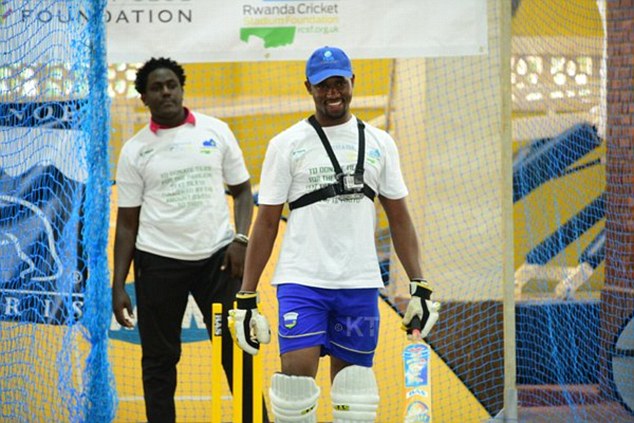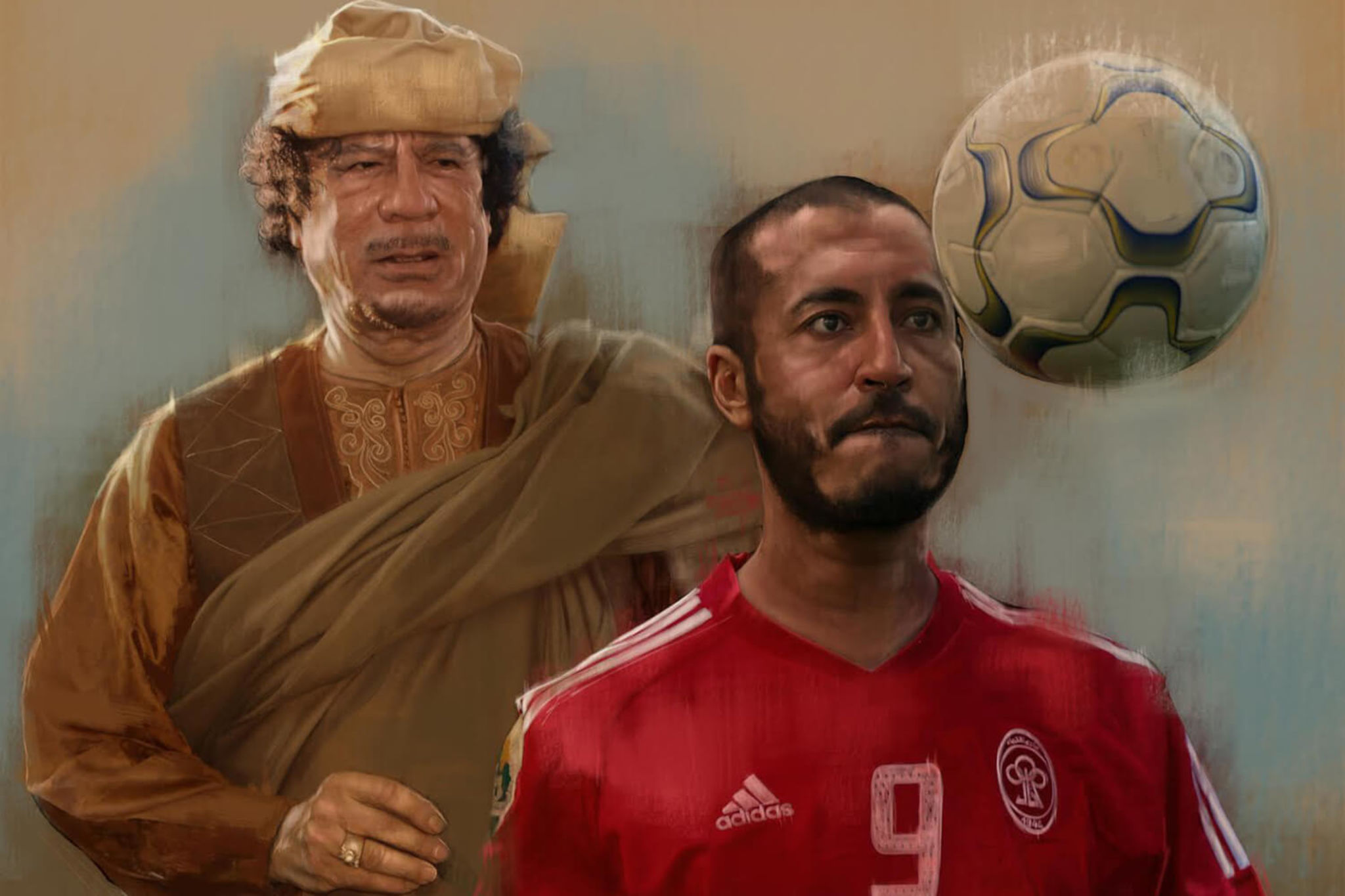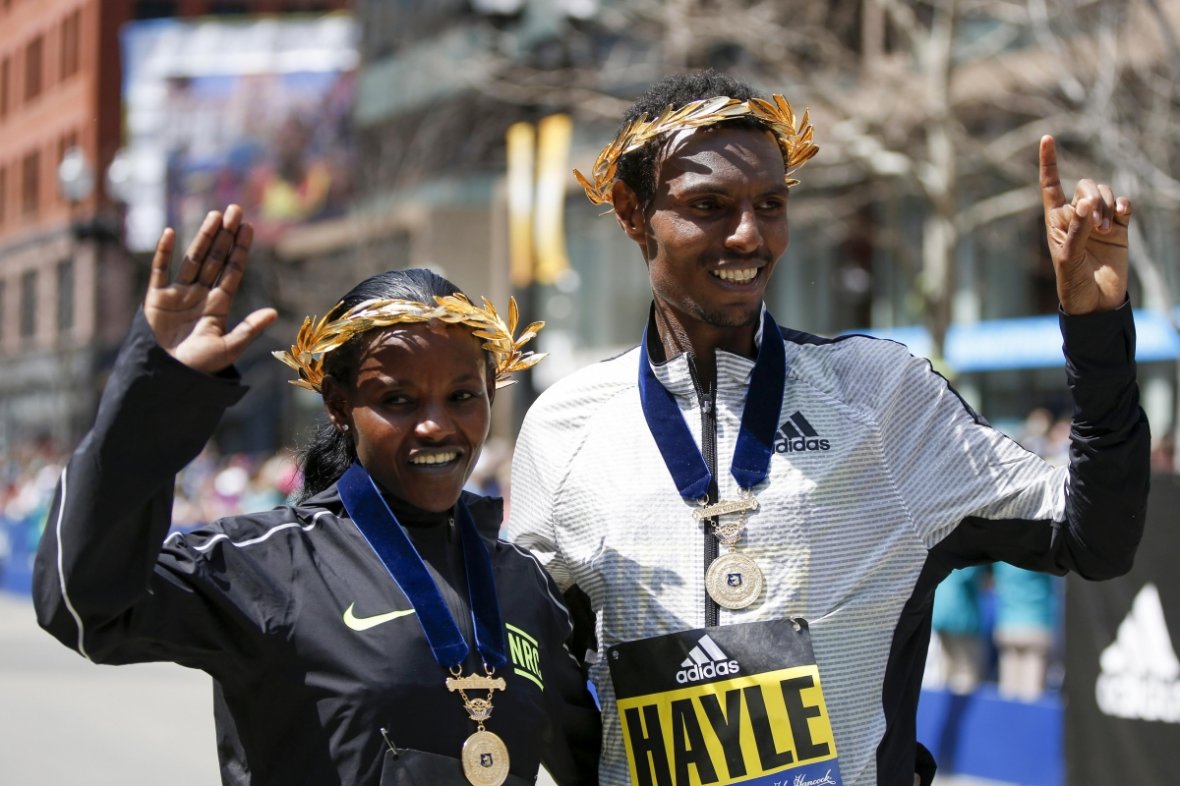Dr. WoldeMeskel Kostre Biography
Dr. WoldeMeskel Kostre Passed Away today after long illness on May 15, 2016.
 Dr. Woldemskel was born on January 29, 1947 in Menfes (Spirit), a small village in Tegulet and Bulga district of Northern Shoa province. After attending the traditional "Kes School" (kindergarten school) there, he moved to the capital, the capital where he enrolled at Asfaw Wossen School. But it was not until he transferred to Dejazmach Wondirad School that he began to actively participate in sport.
Dr. Woldemskel was born on January 29, 1947 in Menfes (Spirit), a small village in Tegulet and Bulga district of Northern Shoa province. After attending the traditional "Kes School" (kindergarten school) there, he moved to the capital, the capital where he enrolled at Asfaw Wossen School. But it was not until he transferred to Dejazmach Wondirad School that he began to actively participate in sport.
Although he played soccer like most kids in Ethiopia, it was athletics and in particular track that attracted him the most. He represented his school in the 400m, 800m and 1500m races. His big break came in 1964, when at the tender age of 17; he took part in the national athletics championship, where he excelled in the 800m and 1,500m races. His results landed him a place in the national team, which at that time was preparing for the Tokyo Olympic Games.
The team's final preparation was set at Debre Zeit, 45kms outside the capital. It was while he was there, that he received a letter from a college in Hungary that he was awarded a scholarship and that his classes would start in August. He was elated by the news but if he were to take part in the Olympic Games, he would miss two-week of classes. So, he asked the Ethiopian Olympic Committee (EOC) if he could go directly to Hungary when the Games ended instead of returning to Ethiopia, which would have forced him to miss more days of school. The EOC told him that the team was instructed to return home together and that there was nothing that they can do. So, after consulting the matter with his family, he decided to go to Hungary, as he didn't want to lose the chance of getting a college education overseas.
He stayed in Hungary for 6 years and received his bachelor degree in physical education, all the while competing for his college at the University Games in the 5,000m and 10,000m races.
He returned home in 1970 to become physical education teacher at the Kotebe Teachers' Training College in Addis Ababa. Dr. Woldemeskel also volunteered to help the Ethiopian Football (Soccer) national team and it was during this time that he met the Czech-educated and national athletics head coach, Negussie Roba. The two share similar experiences, as they were both former athletes and were also educated in the former communist block countries' style of mass sports. As a result, they became good friends and Dr. Woldemeskel was soon named assistant coach of the national athletics team, which was preparing for the 1972 Munich Olympic Games. The team included among others the great Miruts Yifter, who was making his Olympic debut.
Following the coup that toppled the former Emperor Haile Selassie in 1974, Dr. Woldemeskel left for Hungary to do post-graduate studies. He stayed there for almost eight years and returned home after he received his PhD in Sports Pedagogy. Upon his return, he was assigned to the then Sports Commission. He stayed there until he was named the national athletics team head coach following the death of his good friend Negussie Roba on April 14, 1992.
Dr. Woldemeskel is by far Ethiopia's greatest and most successful coach. Even a serious car accident that forces him to walk with the help of a cane couldn't deter him from doing what he does best.
Dr. Woldemeskel is known for his great ability in spotting and nurturing young talents. He has been instrumental in developing the career of so many of our country's greatest athletes. He was instrumental in the introduction and implementation of athletic youth projects in all parts of the country.
Dr. Woldemeskel's coaching ability is also recognized around the world as he was named Coach of the Year by the International Amateur Athletics Federation (IAAF) in 2006. The government has awarded him prize money several times for his contribution in Ethiopian Athletics and the successes that our athletes achieved in international competitions such as the Olympic Games, IAAF World Championships, the African Athletics Championship, etc…...
Ethiopian athletes have won a total of 38 Olympic medals (18 Gold, 6 Silver & 14 Bronze) since they first took part at the 1960 Rome Olympics. The number of medals won by Ethiopian athletes since Dr. Woldemeskel took over the national head coach position is 28 (13 Gold, 5 Silver & 10 Bronze).
Dr. Woldemeskel Kostre as a distinguished Ethiopian and outstanding coach with worldwide acclaim who has dedicated his life in service of his country, in acknowledgement of the many years of his outstanding leadership that encourages both women and men Ethiopian athletes to excel in sports and help develop world-class athletes, in recognition of his own exemplary academic and athletic accomplishments, community services, love of country and for all of his distinctive attributes.
Read more »




 The winners of Monday's Boston Marathon are in, and Ethiopians for the first time ever swept the men's and women's races, taking five of the six winning spots in a race that had been dominated by Kenyans for decades.
The winners of Monday's Boston Marathon are in, and Ethiopians for the first time ever swept the men's and women's races, taking five of the six winning spots in a race that had been dominated by Kenyans for decades.